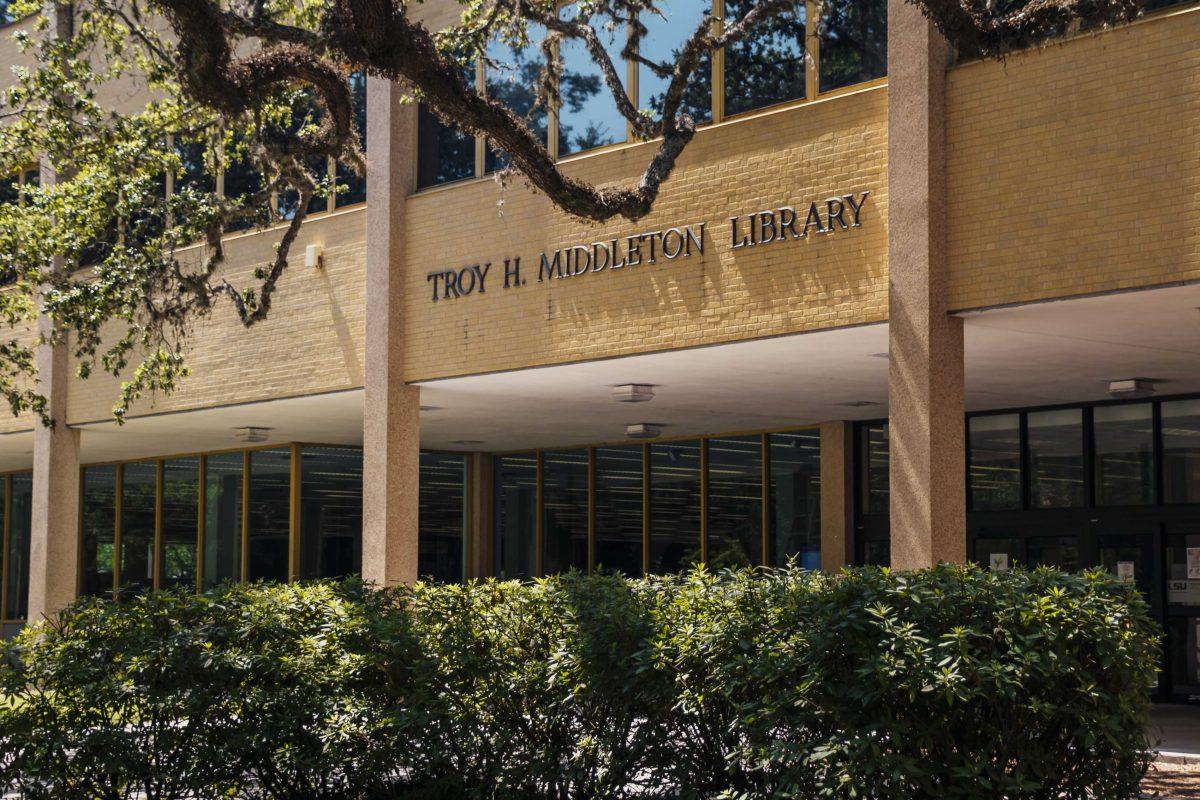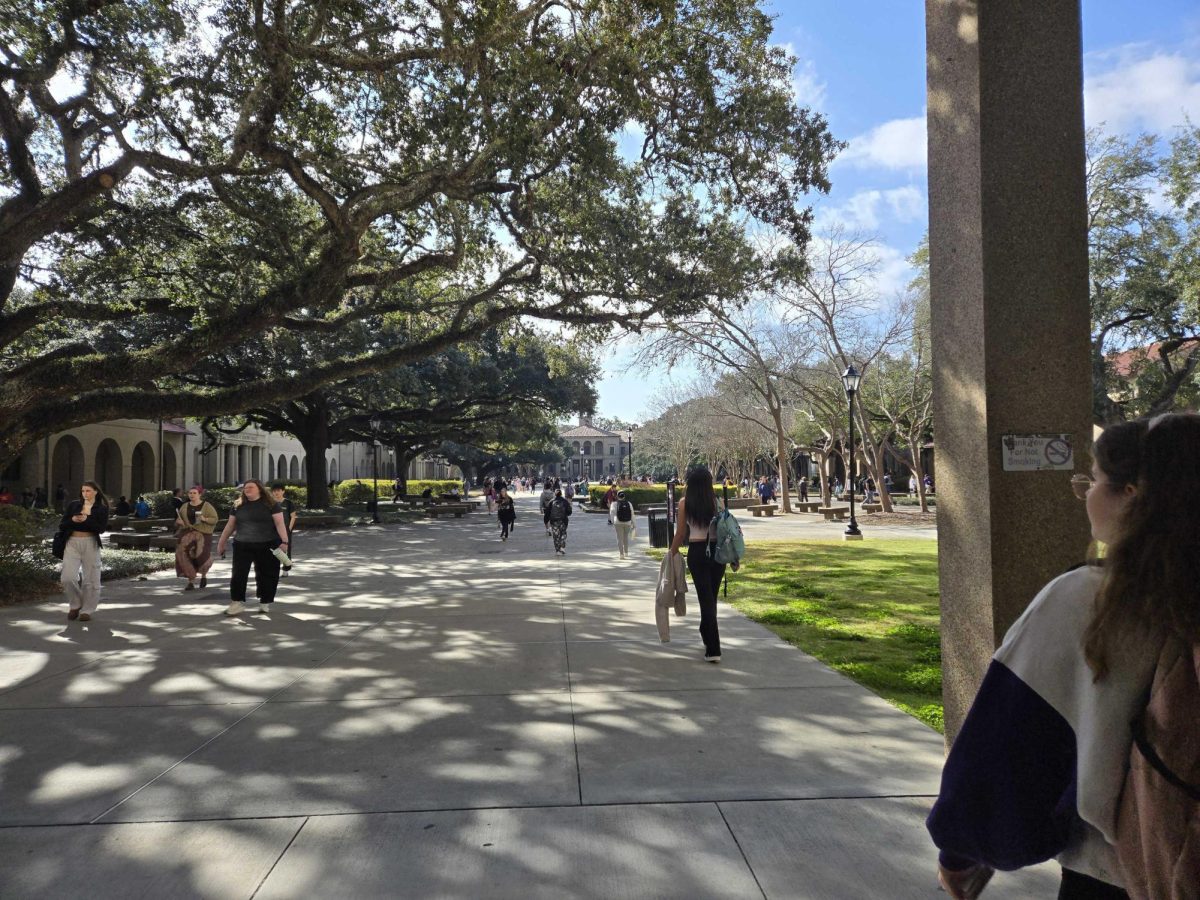Media and public affairs graduate student Joshua Jordan responds to the Oct. 7 article, “Letter to the Editor: Renaming campus buildings is a fleeting gesture, fails to evoke real change.”
“You can’t have a campus that’s filling up with black students and votes diversity while still having buildings with names that never wanted that diversity to exist.”
You could be the most virtuous person in the world—veteran status and all—and still be held in contempt for your racist views. In the case of Troy H. Middleton, any virtues he had, simply put, don’t overshadow the way he sought to oppress our Black colleagues. His racism and segregation can’t be overlooked. Can’t be ignored. Can’t be brushed aside.
LSU has to confront Middleton’s racist actions, and one way of doing so is by ensuring that he’s not glorified as the namesake of the university’s main library.
I won’t stand for chalking up Middleton’s racism to “unpopular” beliefs, and it’s despicable that such excuses are still circulating in 2021. It neglects the fact that racist and segregationist views were abhorrent—even then. Well before Middleton’s time, Americans were already working to combat people exactly like him. Consider a few beacons of hope:
• John Brown (1800);
• William Lloyd Garrison (1805);
• Laura Towne (1825);
• Richard Loving (1933) of Loving v. Virginia.
What do they have in common? They envisioned a world, some more than 200 years ago, in which people like Middleton were held to account—and they were white, just like Middleton. The myth that’s still with us today is that racist white Americans somehow didn’t know that racism was bad. It’s simply not true.
Renaming the library obviously doesn’t make racism go away. But to suggest that renaming is merely a “distraction” and a “fleeting gesture” is blasphemous. In the spirit of The Sum of Us, this is not a zero-sum game. It’s not all or nothing. Rather, it’s a process. Accept it. The letter is thus a superficial attack on honest attempts to diminish the extent to which LSU enshrines its history of racism and segregation. The letter perpetuates ahistorical and revisionist history, ensuring that the myth of the Lost Cause endures.
Instead of asking why Middleton’s name came down, ask instead why it ever went up.
“There’s so much hypocrisy in this society and if we want America to be a free society, we have to stop telling lies.”—Fannie Lou Hamer
Letter to the Editor: Argument against renaming campus buildings is deeply ahistorical
October 27, 2021
Troy H. Middleton Library, renamed the LSU Library, sits Wednesday, June 17, 2020 on LSU’s campus.







